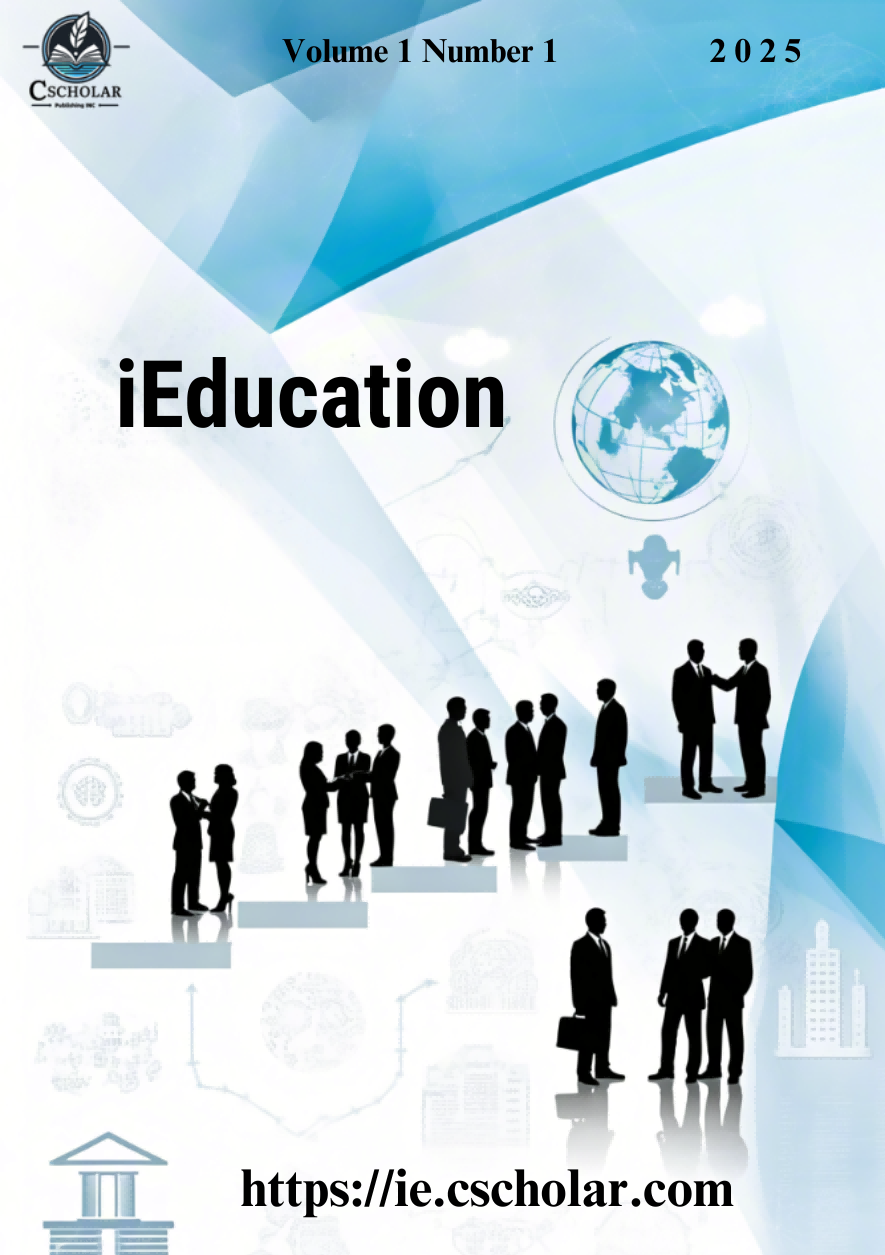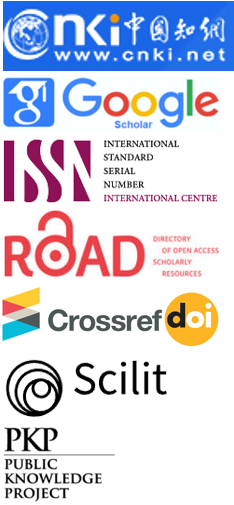A Study on Influencing Factors and Collaborative Education Mechanism for Female College Students' Employment and Entrepreneurship Under the Great Ideological and Political Curriculum Perspective
DOI:
https://doi.org/10.71204/kwv1dn81Keywords:
Great Ideological and Political Curriculum, Female College Students, Employment and Entrepreneurship, Collaborative Education MechanismAbstract
By 2025, the number of university graduates is projected to surge to 12.22 million, with women accounting for over half of this figure, positioning them as the main force within the ‘highly educated talent pool.’ While the number of university students is rapidly increasing, the demand for labour in the job market continues to decline, making employment increasingly challenging for female university graduates. From the perspective of the Great Ideological and Political Curriculum, there are many factors that affect female college students' employment and entrepreneurship. It is important to thoroughly analyse the causes of these factors and explore practical and feasible mechanisms for the coordinated education of female college students in entrepreneurship and employment. Based on this, this article analyses and summarises the three major difficulties faced by female college students in employment and entrepreneurship, and proposes three policy recommendations for the construction of a coordinated education mechanism for female college students in employment and entrepreneurship, with the aim of alleviating the employment and entrepreneurship situation of college students. The three major difficulties mainly include: the decoupling of ideological and political education has become the main problem of the superficiality of the current Great Ideological and Political Curriculum; insufficient innovation and entrepreneurship abilities are a difficulty for the comprehensive development of female college students; and gender discrimination is a common phenomenon in the process of female college students' employment and entrepreneurship. The three recommendations include: constructing a coordinated development system for the Great Ideological and Political Curriculum to integrate ideological and political education with entrepreneurship and employment education to enhance effectiveness; creating a mechanism for linking innovation and entrepreneurship education with regional industries to strengthen the connection between home, school, government, and enterprise; and exploring a multi-dimensional empowerment mechanism for female employment and entrepreneurship that breaks down barriers and creates a favourable environment for employment and entrepreneurship.
References
Clarke, C. (2015). The effects of changes in family policy on gender differences in employment: a quantitative comparative investigation of 20 OECD countries over the years 1985-2010 (Doctoral dissertation, University of York).
Dong-li, W. A. N. G. (2005). Construct of the content system of ideological and political education in human concern. Teaching and Research, (2), 85.
Gao, H., Qiu, Z., Liu, Z., Huang, L., & San, Y. (2016). Research and practice on college students’ innovation and entrepreneurship education. In International Conference of Young Computer Scientists, Engineers and Educators (pp. 36-44). Singapore: Springer Singapore.
Guan, X. (2025). Research on Employment, Entrepreneurship and Career Development Countermeasures for Female College Students: A Case Study of Colleges and Universities in Dalian. Popular Literature and Art 03: 167-168.
Huang, L., Bai, X., Huang, L., Huang, Y., & Han, G. (2023). How does college students’ entrepreneurial learning influence entrepreneurial intention: Evidence from China. Sustainability, 15(12), 9301.
Huang, Y., Li, P., Wang, J., & Li, K. (2022). Innovativeness and entrepreneurial performance of female entrepreneurs. Journal of Innovation & Knowledge, 7(4), 100257.
Li, M. (2017). Research on the Academic and Career Development of Female College Students with Financial Disabilities from the Perspective of Gender. Journal of Inner Mongolia Normal University(Education Science Edition), 30(05), 52-55.
Min, W. (2010). Social Gender Interpretation of Equal Employment Rights for Female College Students. journal of jiangsu university of science and technology(social science edition).
Wang, J., Guo, Y., Zhang, M., Li, N., Li, K., Li, P., et al. (2022). The impact of entrepreneurship competitions on entrepreneurial competence of Chinese college students. Frontiers in Psychology, 13, 784225.
Yawei, S. (2005). On the Optimization of the Network Circumstances of Ideological and Political Education in Tertiary Education. Henan Social Sciences.
Downloads
Published
Issue
Section
License
Copyright (c) 2025 Yueyang Jiang, Jianing Liang, Wenjie Cai, Yangyang Zhang, Xiaozhong Chen (Author)

This work is licensed under a Creative Commons Attribution 4.0 International License.
All articles published in this journal are licensed under the Creative Commons Attribution 4.0 International License (CC BY 4.0). This license permits unrestricted use, distribution, and reproduction in any medium, provided the original author(s) and source are properly credited. Authors retain copyright of their work, and readers are free to copy, share, adapt, and build upon the material for any purpose, including commercial use, as long as appropriate attribution is given.








